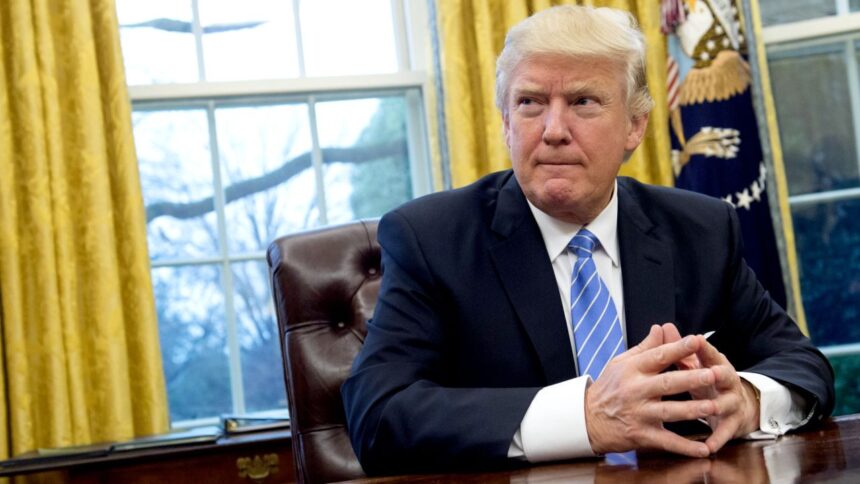WASHINGTON, D.C. — President Donald Trump has issued a new order barring entry to travellers from 12 nations and introducing stricter measures for citizens from seven others. This action, designed to address ongoing security risks and concerns over inadequate screening, revives a controversial policy from Trump’s earlier term.
The focus falls mostly on countries in Africa and Asia, representing a significant step up in efforts to control who enters the United States.
The countries facing a full travel ban are Afghanistan, Burma, Chad, the Republic of the Congo, Equatorial Guinea, Eritrea, Haiti, Iran, Libya, Somalia, Sudan, and Yemen. Meanwhile, Burundi, Cuba, Laos, Sierra Leone, Togo, Turkmenistan, and Venezuela face limited restrictions.
According to the White House, these moves respond to what officials call weak points in border policy left by President Biden, who has been criticized for being too relaxed on immigration.
President Trump said in a video statement, “This is about keeping America safe. We’ve faced repeated terror attacks from people who have overstayed their visas. Biden’s open door approach has allowed millions who shouldn’t be here to enter.”
The new travel ban restrictions highlight a recent incident in Boulder, Colorado, where an Egyptian national who overstayed his visa was accused of starting a fire at a pro-Israel event, resulting in injuries to 12 people.
Travel Ban Order
The travel ban, issued under Executive Order 14161, titled “Protecting the United States from Foreign Terrorists and Other National Security and Public Safety Threats,” took effect on January 20, 2025.
The order seeks to block entry for foreign nationals believed to pose a security risk. Government figures show that between 2021 and 2023, Border Patrol stopped over 250 people on the terrorist watchlist at the southern border, with at least 99 later released into U.S. communities. Another 34 remain in custody but have not been deported.
The travel ban order details problems with the 12 countries now banned, noting high visa overstay rates or lack of cooperation with American authorities. For instance, Haiti has a B-1/B-2 visa overstay rate of 31.38% and is said to lack a reliable system for sharing law enforcement information. Iran and Cuba, both labelled as state sponsors of terrorism, are called out for refusing to accept deportees and failing to share data about potential security threats.
For the seven countries under limited restrictions, the new rules will shorten visa periods and increase checks during the application process. Cuba’s B-1/B-2 visa overstay rate is 7.69% while Laos’s is 34.77%. Both countries, along with others in the group, have also refused to take back their citizens after deportation orders.
Opponents say the ban could strain relationships with other countries and unfairly affect whole populations for the actions of individuals.
Tightened Border Security
Senator Elizabeth Warren (D-Mass.) called the policy a “blunt instrument that punishes entire populations for the actions of a few,” echoing the backlash from 2017 when the original travel ban sparked protests and court battles.
The Supreme Court upheld a revised version in 2018, confirming the president holds authority over immigration.
Since President Biden cancelled the previous 2017 travel ban in 2021, his administration has faced criticism for weaker border controls. A 2024 House Judiciary Committee report claimed that at least three people with possible ISIS links were allowed into the United States using the CBP One app.
The same report showed that Border Patrol dealt with nationals from 36 countries linked to active terrorist groups between 2021 and 2023, including Afghanistan, Syria, and Yemen. In 2024 alone, encounters included 2,134 Afghan nationals, 33,347 from China, and 541 from Iran, raising concerns about the screening process.
Some security analysts question whether blanket bans improve safety. Alex Nowrasteh, an immigration policy expert, noted that from 1975 to 2024, only one fatal terror attack in the U.S. involved a person from a country on the current ban list. “The yearly risk of being killed by a terrorist from these countries is extremely low,” he said.














